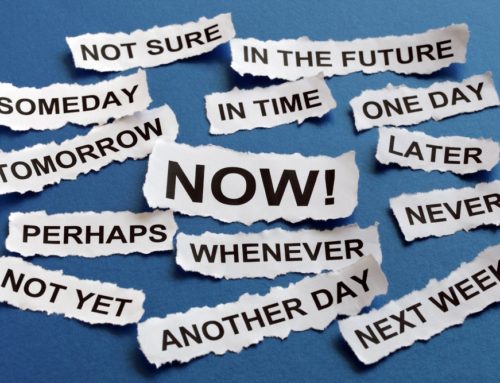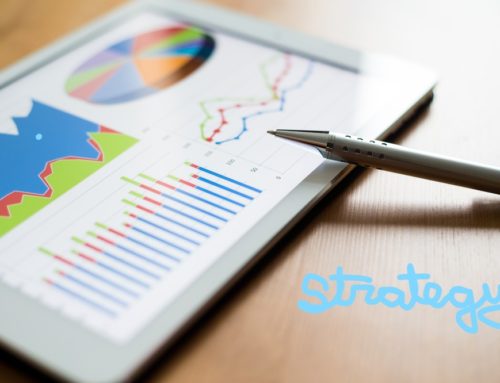The Interview Process
Getting any job can be challenging. Getting your dream job as a data scientist has a unique set of challenges. For example, an initial phone interview may last as long as an hour. Be sure to allow enough time for this critical first step. The purpose of the phone interview is for both of you to get acquainted. They want to know more about you, and you want to know more about them. The job must be a good fit for both of you.
Another step in the interview progression is assessing your technical skills. Currently, that usually means coding in Python or SQL1. This showcases your talents and thought processes for solving problems and can last several hours. It may be a take-home assignment, or it may be done onsite. Again, allow sufficient time for this challenge.
The final step in the process is likely to be an onsite interview that may last several hours. You are likely to meet and talk with many people from different departments. These departments may include: engineering, product development, sales or marketing.1 Relax and be yourself, but be aware many eyes are watching you.
Preparing for the Interview
When preparing for any job interview learn as much about the position as possible. For example, data scientists who interview for a job focusing on statistics, product analytics, and product metrics2 will be asked to answer a variety of questions on those subjects.
Besides work-related operational questions, your search about what the position actually entails may tell you some of the products or companies that the employer works with regularly. This information can help you think about ways to improve a product. For example, how to make it more user-friendly or perhaps generate a higher ROI. A potential employer may be interested in hearing your thoughts about such things.
Finally, brush up on your coding skills. You will be asked to demonstrate how to solve various problems.
Other Factors for a Successful Interview
Besides technical skills, interviewers look for an array of personality traits that fit with their culture. These could include:
- demonstrating a passion for continued learning
- proven ability to explain your work to non-technical folks as well as skilled colleagues
- Interacting well with others—that is knowledgeable as well as approachable
Successful Interview Resources
Don’t go into an interview cold or unprepared. Consider the below resources as a guide for what you should know to clinch the deal.
https://chrisalbon.com/: Chris Albon, an experienced data scientist, has created a website with many informative articles for budding data scientists.
https://modeanalytics.com/ ModeAnalytics: Explains how to work with SQL databases.
https://www.thedsinterview.com/ TheDSinterview: Features actual questions asked in real data science interviews.
At RomAnalytics, Our staff of recruiting specialists are experts at getting resumes in front of the right people to help you get noticed, so you spend less time searching for jobs and submitting blind applications; instead of moving on to those crucial interviews. We use our relationships with companies to match positions our candidates are interested in pursuing, and we work one-on-one with you to create the best job search experience.
Sources:




